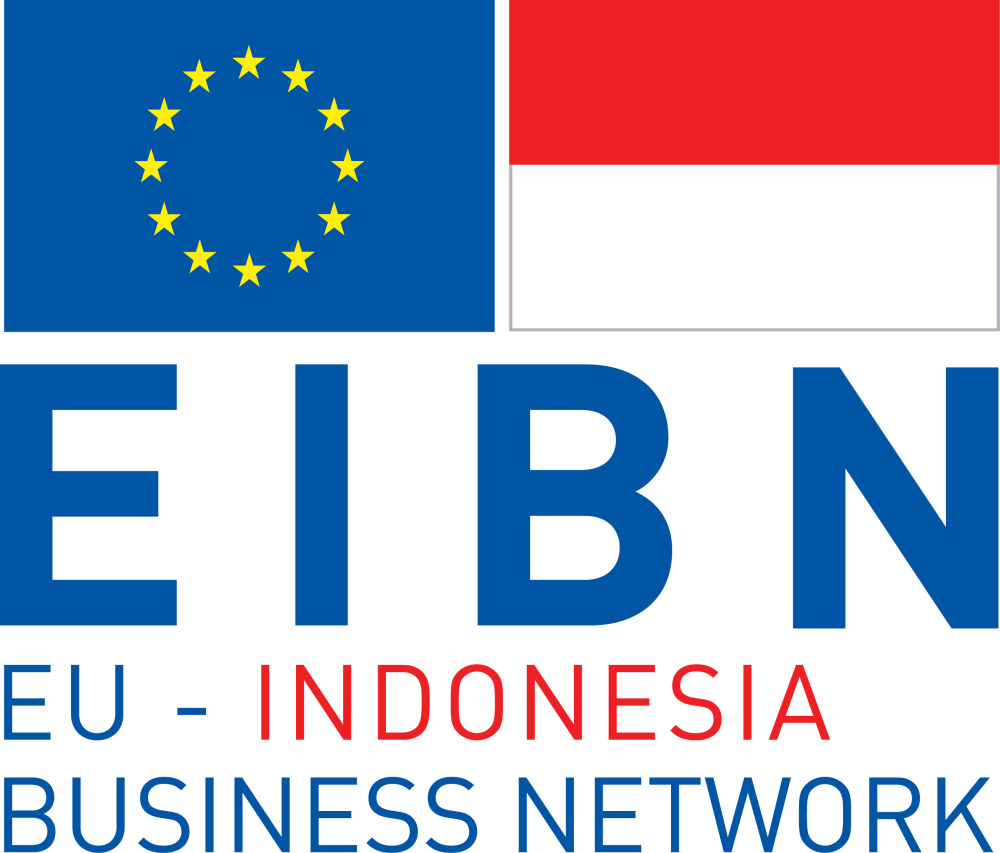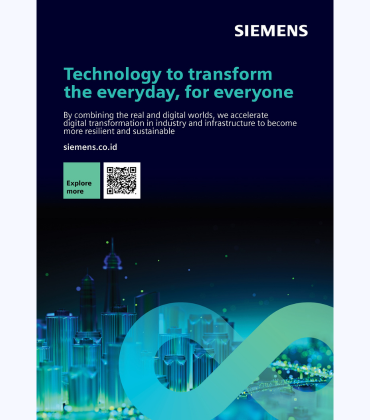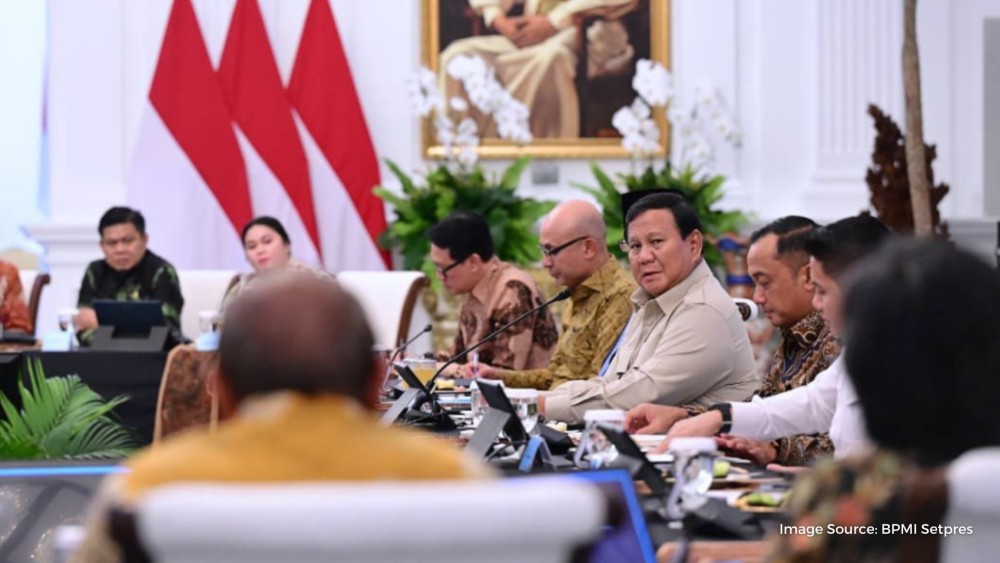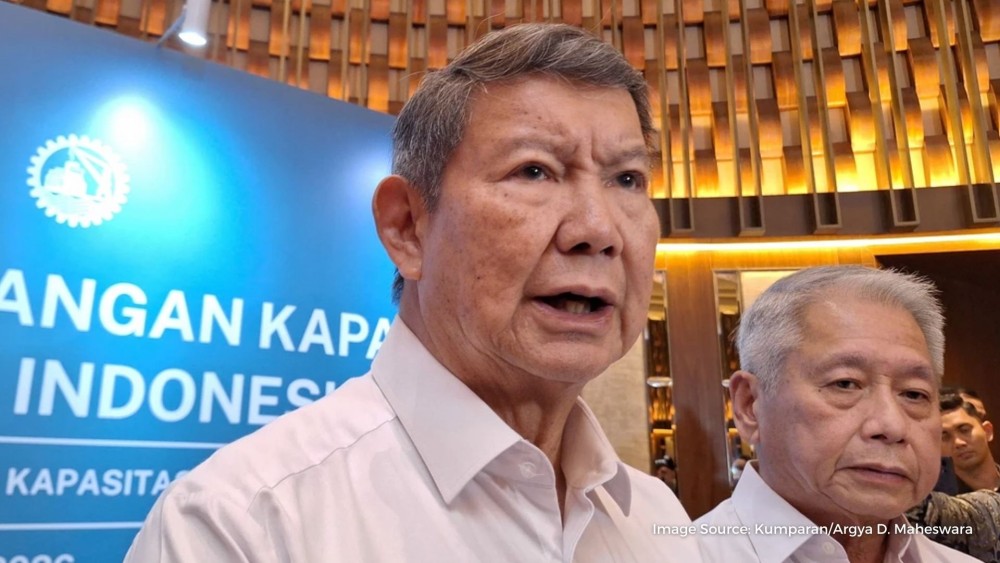The increased household consumption as a result of higher purchasing power has made up a large proportion of the Indonesian economy. One of the sectors that constantly plays an important role in this progress is the food and beverage (F&B) industry.
Indonesia’s large population has consistently driven the country’s economic growth, with the food and beverage (F&B) industry being one of the key beneficiaries. Despite the challenges posed by the post-COVID-19 pandemic environment, the F&B sector has shown remarkable resilience, achieving a 5.90% year-on-year growth in 2024. Contributing IDR 1,531.4 trillion to that year’s GDP (at current prices), the industry accounted for 6.92% of Indonesia’s total GDP, which reached IDR 22,138.9 trillion.
In terms of international trade, the F&B sector (including palm oil) saw exports totaling USD 14.66 billion from January to April 2025, while imports amounted to USD 4.23 billion during the same period. By the end of 2024, data from BKPM revealed that investment in the food industry had reached USD 3.99 billion from domestic investment (PMDN) and USD 3.46 billion from foreign investment (PMA), making a significant contribution to Indonesia’s GDP.
While F&B trade is primarily focused on other Asian countries, several EU member states—such as the Netherlands, Italy, and Germany—are also key trading partners for Indonesia’s F&B exports and imports. Among the top commodities exported to the EU are palm oil, fish products, vegetable oils, and unroasted coffee, while the top imports from the EU include dairy products, prepared foods, vegetable oils, and chocolate and cocoa products.
Indonesia's position in the global F&B market is complex. On the one hand, the country is a major producer of palm oil, fish, cocoa, and coffee. On the other hand, it relies on imports for products that cannot be produced locally, or cannot be produced in sufficient quantities, such as wheat, dairy, and processed food products. In a bid to transform the economy, the Indonesian government is pursuing policies aimed at reducing import dependence and bolstering the domestic manufacturing sector. This includes promoting the adoption of Industry 4.0 in the F&B industry.
To enhance the competitiveness of the F&B sector, the government is focused on ensuring the availability of industrial raw materials necessary for production. Government Regulation No. 28/2021, concerning the Implementation of the Industrial Sector, was issued to facilitate the availability of raw materials through commodity balances. Additionally, the government is accelerating the implementation of Industry 4.0 in the F&B industry through initiatives such as technical guidance for managers and engineers, the verification of the Indonesia Industry 4.0 Readiness Index (INDI 4.0), and support for 400 companies to complete the assessment by 2024. Nine of these companies are expected to receive the INDI 4.0 national lighthouse award.
With the recent political transition under President Prabowo Subianto, food security has become a top national priority. In light of growing concerns over global supply chain disruptions and geopolitical instability, President Prabowo has emphasized the need for Indonesia to become self-sufficient in food production, reducing reliance on imports while strengthening domestic agricultural capabilities. This vision is further supported by initiatives such as the Free Nutritious Meals Program, which aims to improve the nutrition of over 90 million children and pregnant women across the country. With a projected budget of over USD 28 billion by 2029, this program is expected to significantly increase demand for staple ingredients, particularly in the dairy and grain sectors.
The outlook for Indonesia’s F&B sector remains positive due to several factors, including rising demand driven by the country’s young, growing population. Increased consumer confidence and urbanization further support industry growth. Other trends, such as the growing demand for healthy lifestyle products, heightened concerns over food security, and a shift towards modern retail channels, will also play a crucial role in shaping the sector’s future.
Despite the positive developments in recent years and optimistic forecasts for the future, the F&B sector in Indonesia still faces several challenges, including geopolitical instability, a complex regulatory environment, environmental sustainability concerns, infrastructure limitations, and cultural factors.
Increased geopolitical tensions have disrupted global trade, leading to fluctuations in shipping costs and shifts in supply chain dynamics. As a result, Indonesian exporters and manufacturers have faced difficulties in maintaining stable access to key markets. Tariffs, sanctions, and currency fluctuations have driven up costs, raising concerns about the impact on the competitiveness of Indonesian products. In response, many companies are exploring new export destinations in Southeast Asia, the Middle East, and Africa, while also strengthening domestic supply chains to reduce dependence on volatile global markets.
Domestically, the F&B sector’s legal landscape can be complex, particularly for foreign companies. A notable challenge is the implementation of Indonesia’s national Halal Law in late 2024, which mandates that all food and beverage products must obtain halal certification unless listed on a government-approved Positive List. While this policy aims to standardize products and enhance export readiness, it presents challenges for small businesses struggling to meet compliance standards. International regulations are also becoming stricter; for example, the European Union’s Deforestation Regulation (EUDR) demands stringent verification that imported products do not contribute to deforestation, posing a significant challenge for Indonesia’s palm oil exports, where traceability remains a persistent issue.
In terms of infrastructure, some areas of Indonesia still face significant challenges, particularly outside the main island of Java. The lack of well-developed food transport and conservation infrastructure—such as cold storage facilities, air-conditioned storage, and refrigerated delivery vehicles—remains a concern, especially considering the size of Indonesia’s economy. However, the Indonesian government, along with organizations like the Indonesian Cold Chain Association Development Project, is working to improve the country’s cold chain infrastructure, recognizing its critical role in food security.
To address these infrastructure gaps, shelf-stable products offer a practical solution. In contrast, frozen and chilled products will face greater challenges due to limited access to refrigeration facilities in many parts of the country.
Another key challenge for businesses in Indonesia is catering to local consumer tastes and habits. Indonesian consumers tend to prefer sweeter products and those available in smaller packaging. Additionally, brand recognition plays a crucial role in driving sales, making effective marketing strategies essential for ensuring product awareness in the local market.
While Indonesia presents strong prospects for the F&B market, it’s important to acknowledge the broader challenges that come with doing business in the country. Corruption and bureaucracy remain obstacles that businesses must navigate. Companies should be prepared for these challenges as part of the local business environment. Furthermore, specific regulations—such as requirements for Indonesian-language labeling and the notification of genetically modified ingredients—can be particularly challenging for foreign companies.
Given the dynamic nature of the global market and the current economic climate, the F&B sector in Indonesia is one that warrants attention.
Undoubtedly, the F&B industry plays a crucial role in Indonesia's economy. As the fourth-largest population in the world, Indonesia presents a significant demand for food and beverage products. While the country has made substantial progress in boosting local agricultural and food production, it still relies heavily on imports for essential commodities, particularly those unsuitable for domestic cultivation, such as wheat. Despite President Prabowo Subianto’s strong push for national food security—through initiatives like food estate development, agricultural modernization, and import reduction strategies—structural limitations such as climate constraints and land availability mean that some imports will remain necessary in the short to medium term. Additionally, the growing trend of packaged food consumption in Indonesia in regard to increasing concerns about food safety, changing lifestyles, and urbanization, is another boon for F&B producers.
The beverage market also plays a significant role in Indonesia’s economy. The non-alcoholic drinks sector, particularly ready-to-drink tea and isotonic beverages, is seeing solid sales growth. At-home consumption of ready-to-drink (RTD) coffee and tea is expected to generate USD 1.71 billion in revenue in 2025, with a projected 2.7% increase in volume by 2026, according to Statista. However, the alcoholic drinks market has faced increasing restrictions, as alcohol consumption is still frowned upon by large segments of the Muslim-majority population. While a total ban on alcohol is unlikely, the market for alcoholic beverages remains constrained.
Looking ahead, the F&B sector in Indonesia is expected to continue its growth, driven primarily by a growing population and rising demand from local consumers. Changing food consumption patterns will also define future trends, with Indonesia’s young and urbanized population placing greater emphasis on healthy and time-saving food and beverages.
Despite these opportunities, challenges persist in the Indonesian market. Legal requirements and bureaucratic procedures remain burdensome, making it advisable for companies to collaborate with local importers and distributors to navigate the complex regulatory landscape. Additionally, external challenges, such as global geopolitical tensions, continue to create uncertainty in the market. The lack of adequate infrastructure—such as cold-chain storage systems, ports, and maritime transportation—also poses a challenge, particularly in the medium term.
In conclusion, the F&B sector in Indonesia remains a vital and growing market. However, companies looking to enter the market will need to approach local nuances, regulations, and business practices with creativity and adaptability to succeed.
This content is done in collaboration with:
Business Sectors








